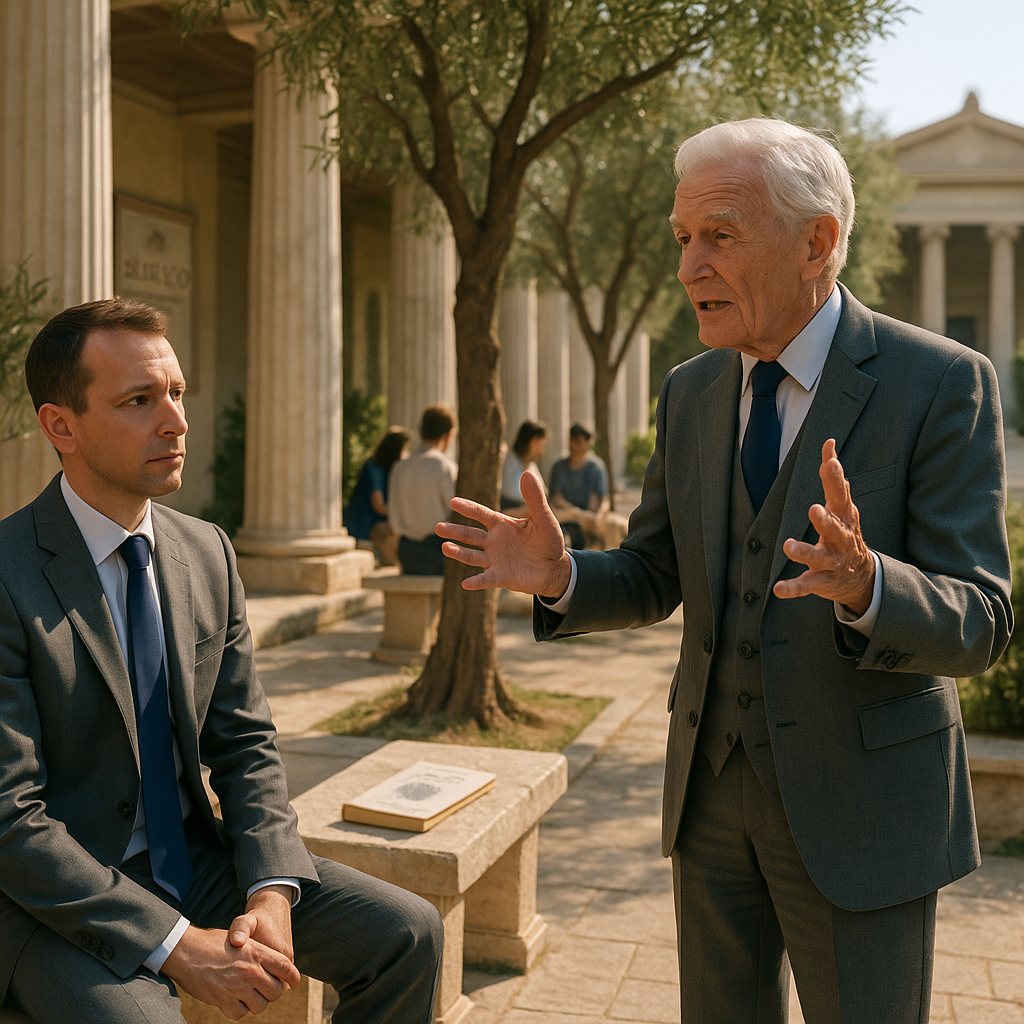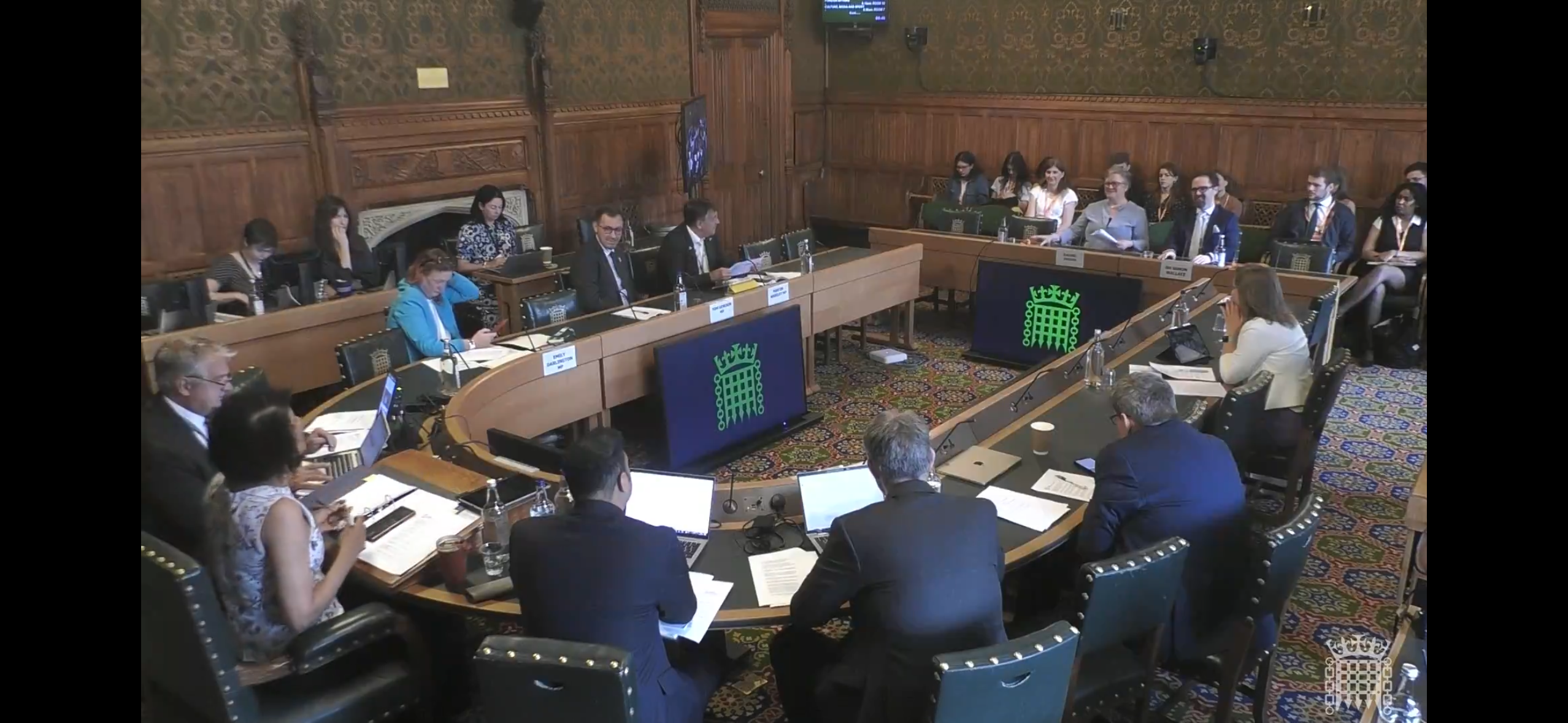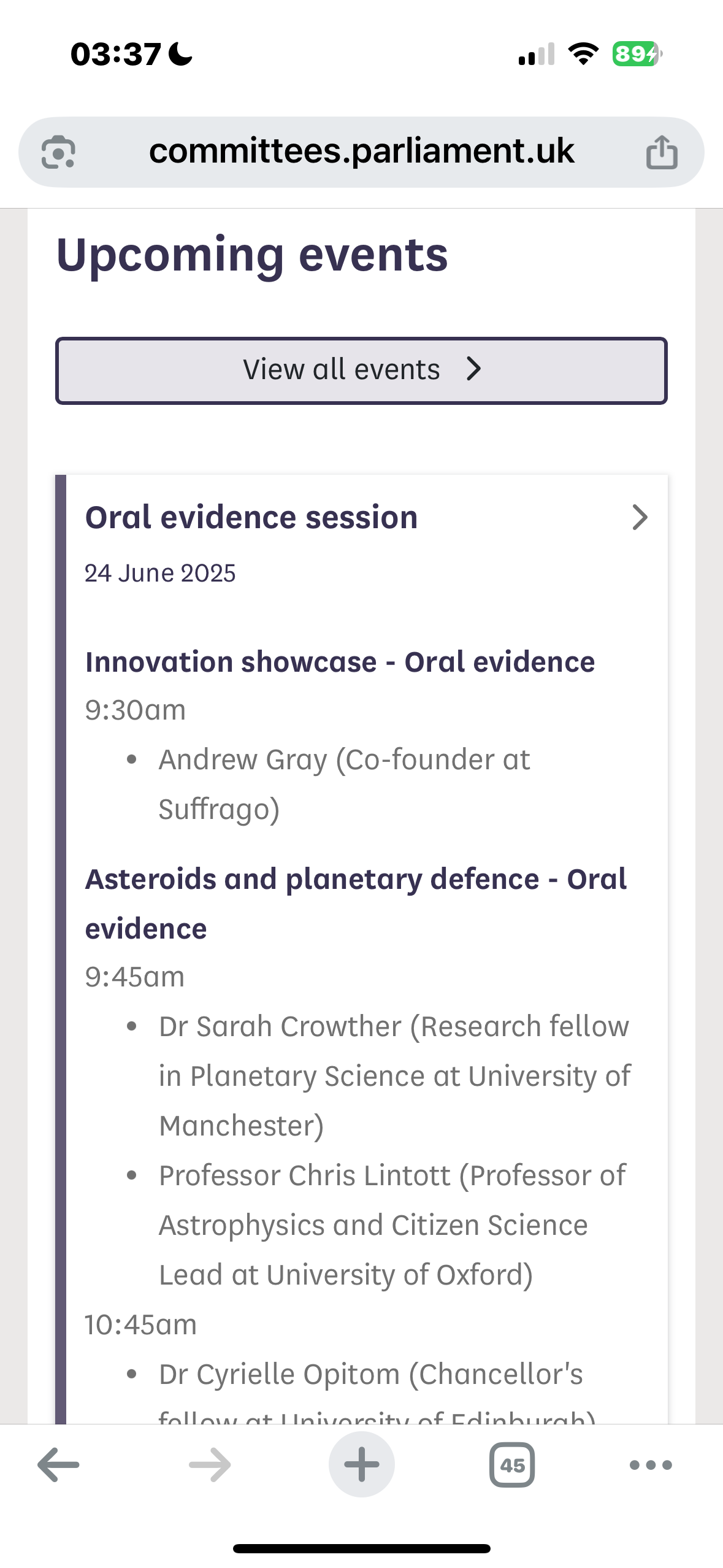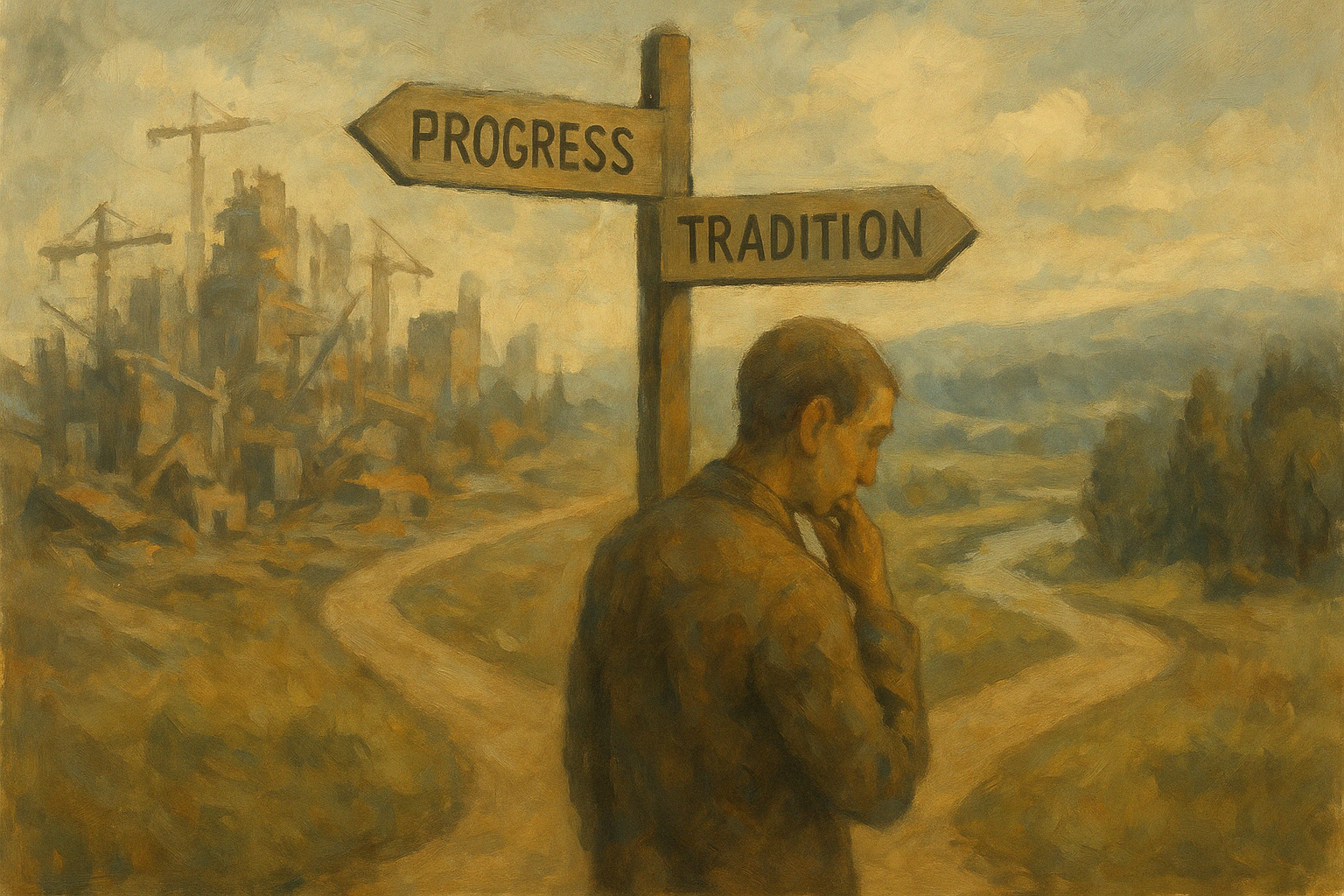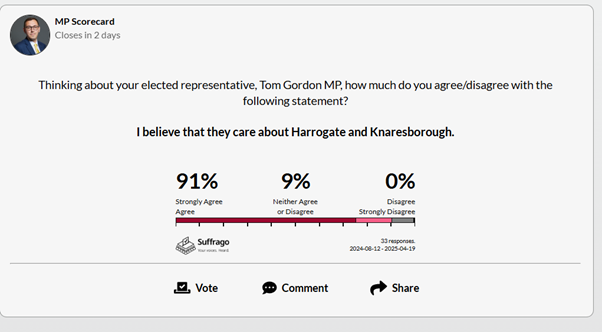Saddo political anorak that I am, on what was a yet another gorgeous day (has the weather ever been better?), I cantered through – in awe – A Journey by Tony Blair. Never a fan of his, I want to know what made him tick; how did he get to the top; what were his routines, his secrets of success; and did he have a moral compass. Living through the Reckless Boris (RB) and Dominic Cummings age, what parallels could I draw from the Blair and Campbell time?
Slaloming through his early years, his ascendency and of course the 1997 win, nothing caused me greater dismay than how he managed his time whilst PM. Candidly, Blair explained that he would tell people what they wanted to hear – that he would meet them – when he knew that this was a lie. Blair’s words must be read:
“We used to have a phrase in the office called, in mock severity, ‘SO’, which stood for ‘sackable offence’. It applied to scheduling a meeting with people who were never to cross the threshold. It applied even if I had agreed to the meeting. It applied – I am a little ashamed to say – even if I had expressed to the individual concerned my deep frustration with my own office for defying my wishes and not scheduling the meeting.”
Dissecting these words, there are three elements to the lie. First, that he would meet this or that politician, usually a Labour backbencher. Second, when the thwarted MP asks when the meeting would take place, Blair would blame his office. And third, Blair must have briefed his office about the lies that he had told, preparing them to thwart the MP once more. Feigning anger to a Member of Parliament is stomach-churning stuff; deception of an advanced level.
Whilst unsurprised that this was Blair’s modus operandi, for someone so smart, it’s puzzling that he declared his innumerous deceptions in his book. And he wasn’t lying to the likes of you and me, oh no, he routinely lied to elected politicians, who just wanted to provide wise counsel. Blair could have omitted the anecdote. Perhaps writing his memoirs was cathartic, expunging the stains on his conscience.
Like any muscle, the “lie muscle”, if there is such a collection of cells, becomes stronger with repetition – just a little one here and another one there, the mind is readied to deceive. After a while, truth and fiction become inextricably entangled. President Jefferson nailed it when he wrote in 1785:
“He who permits himself to tell a lie once, finds it much easier to do it a second and third time, till at length it becomes habitual; he tells lies without attending to it, and truths without the world’s believing him. This falsehood of the tongue leads to that of the heart, and in time depraves all its good dispositions.”
The origins of our participation in the Iraq War can be traced to his routine use of the white lie. Today, we are experiencing Reckless Boris at his worst. Sacked by The Daily Telegraph for making up a source, sacked by Michael Howard for lying to him about an affair, we knew what we were getting: a charlatan who would mislead on the big stuff. His former boss, Max Hasting, wrote of RB before his coronation: “Johnson would not recognise truth, whether about his private or political life, if confronted by it in an identity parade.”
But must politicians lie to get to the top? And does the end justify the means? I don’t know. But what I do know is that Quakerism, like most religions, abhors a lie, and I’m a Quaker.


